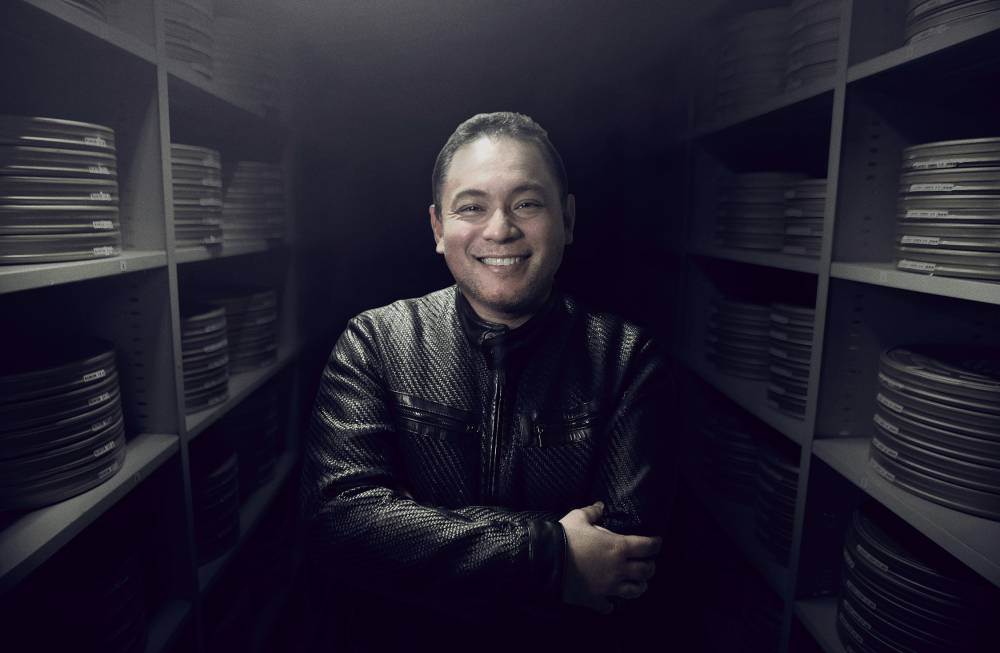After saving 240 films, ABS-CBN shuts down restoration unit

After “rescuing” more than 200 Filipino film classics, Sagip Pelikula—ABS-CBN’s pioneering film restoration arm—has officially ceased operations.
The closure took effect on March 31, according to project head Leo Katigbak, who described it as “a casualty of the efforts to close down the company in 2020.”
In a statement posted on Facebook, Katigbak shared that the final days were marked by a quiet but emotional wrap-up in April, as the team handed over remaining projects and transitioned responsibilities to other ABS-CBN departments.
“ABS-CBN Film Restoration had an amazing journey—over 240 movies scanned, enhanced, restored, and remastered, reintroduced to new audiences from as early as 1939,” Katigbak wrote. “While that facet of the business is now gone, many of our functions will continue through other ABS-CBN units, including the Sagip Pelikula advocacy, which will be jointly handled by Star Cinema and Cinemo beginning May 2025.”
Preservation work
Katigbak expressed gratitude to ABS-CBN chair emeritus Gabby Lopez and former president Charo Santos-Concio, crediting them with the foresight to preserve the network’s filmed assets and enable the initiative to expand beyond its original scope.
He also acknowledged ABS-CBN president and CEO Carlo Katigbak, who extended the project’s run by five years after its initially planned closure in 2020, and National Artist for Film Ricky Lee, whose support lent the project a sense of purpose and passion.
Cultural artifacts
Katigbak said Sagip Pelikula’s journey came full circle with the restoration of “Himala” (by National Artist Ishmael Bernal) as its debut effort and the premiere of Mario O’Hara’s “Tatlong Ina, Isang Anak” as its swan song—both starring National Artist Nora Aunor.
“Preserving the past to inspire the future is a never-ending quest,” Katigbak wrote. “We hope we were able to encourage many, including a new generation, to take up the challenge. Sa mga tumangkilik, naniwala, nanaginip—maraming salamat po. Ako si Leo Katigbak, nakiki-Sagip Pelikula.”
Writer-filmmaker Jose Javier Reyes, whose 1996 romantic drama “Radio Romance” was among the digitally restored titles, underscored the importance of the initiative.
“Films are cultural artifacts,” Reyes said in a previous interview with the Inquirer. “They represent a specific place and time in a culture’s history. When we revisit the films of Nida Blanca, or works by National Artists Manuel Conde and Bernal, we’re not just admiring the filmmakers’ artistry. We’re understanding the context—the world those films were made in and the audiences they were made for. To fully grasp a people’s culture, we must study the works that reflect it across generations.”
The same urgency was echoed by Manet Dayrit of Central Digital Lab, a longtime partner of the restoration initiative. “If we don’t start scanning them now, they will disappear,” she said in a previous Inquirer interview. “We have to treat this as extinction for a lot of films.”
Painstaking
Launched in 2011, Sagip Pelikula became one of the most ambitious film preservation projects in the country.
Over nearly 14 years, it restored a wide range of films spanning genres and decades—from prewar titles to contemporary classics. Among the most celebrated restorations are Peque Gallaga’s “Oro, Plata, Mata” (1982), Eddie Romero’s “Ganito Kami Noon, Paano Kayo Ngayon?” (1976), Chito S. Roño’s “Dekada ’70” (2002), Laurice Guillen’s “Tanging Yaman” (2000), Mike de Leon’s “Kakabakaba Ka Ba?” (1980), O’Hara’s “Tatlong Taong Walang Diyos” (1976), Marilou Diaz-Abaya’s “Karnal” (1983) and “Moral” (1982), Rory B. Quintos’ “Anak” (2000), Gil Portes’ “Markova: Comfort Gay” (2000) and Vicente Salumbides’ “Ibong Adarna” (1941).
The restoration process involved painstaking work, often in collaboration with international facilities, such as L’Immagine Ritrovata in Italy and Kantana Post-Production in Thailand.
Though the lights have dimmed on Sagip Pelikula, the legacy it leaves behind remains bright—a testament to the power of cinema, memory and cultural preservation.

















